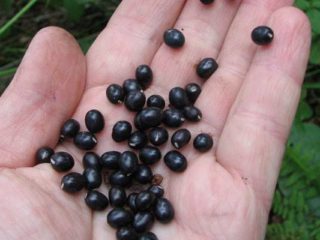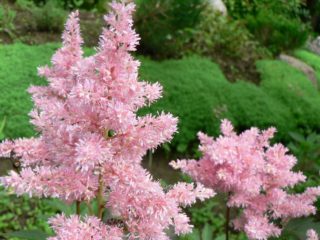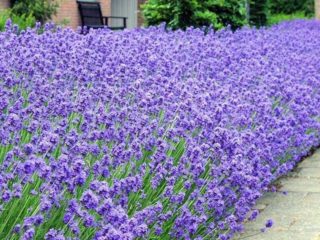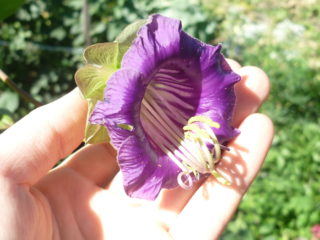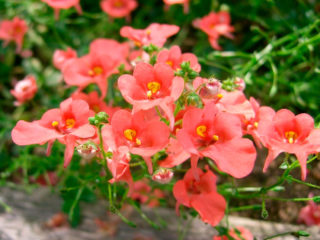Content
Rose is a beautiful plant grown in almost every garden, house or apartment. Moderately unpretentious culture does not cause trouble. The picture changes when the buds of the indoor rose fall off. Not every gardener is able to understand why this happens. Therefore, it is worth considering each case.
Why do rose buds fall off?
There are several reasons why the buds began to fall off. They are all connected by a common feature - poor care.
Improper watering
Roses need regular moisture. Fluid deficiency leads to increased salt content. They complicate metabolic processes, so the flowers do not have time to bloom, dry out and fall off.

Not only buds can fall off, but also all parts of the plant.
The problem can be solved by changing the watering schedule. If the rose is on the balcony, you need to close the windows during precipitation. Due to the abundance of liquid, the crop will become covered with mucus, the leaves and buds will droop.
Incorrect transplant
One thing you need to know about this is that you cannot replant during flowering.Any carelessness leads to the fact that the rose's buds will fall off without ever blooming.
Lack of lighting
Rose is a light-loving crop. This does not mean that she is comfortable being under the scorching sun. Direct rays, on the contrary, worsen your health. Ultraviolet light is destructive to leaves, buds and stems. They thin and fall off.
Nutrient deficiency
Fertilizing is needed not only for lush flowering. Nutrient elements are useful when soil quality deteriorates. If the plant “doesn’t finish eating”, it sacrifices buds. Deficiency of minerals - phosphorus and potassium - leads to more serious consequences.
The buds also fall off when there is an excess of substances. This is especially true for nitrogenous fertilizers, which cause shoots to dry out. Pests love the nutrient element, which creates a good environment for their appearance.
Diseases
Not all varieties of roses can boast of lasting immunity. The disease affects all parts of the plant - buds, leaves, roots, stems. Microorganisms spread if agricultural practices are violated, the use of dirty garden tools, or untreated planting material.

Buds may fall off if the temperature is incorrect - you need to look at the varietal characteristics
The following diseases are identified that lead to the falling of flowers on roses:
- Black spot. It is a fungus that takes over leaves and takes away nutrients. This is reflected in flowering. Externally, the disease resembles black spots.
- Powdery mildew. It has a similar effect on roses, the difference is manifested in the color and nature of the formation of growths - in powdery mildew they are white. The cause of infection is planting density, nitrogen surplus, temperature changes, and calcium deficiency.
- Downy mildew. Occurs due to dryness and high temperature. Yellowish lumps form on the leaves, which increase in size and fill the entire plate. Gradually, the disease takes over the stems and flowers. Due to lack of nutrients, rose buds fall off without blooming.
- Gray rot. Spreads on roots, leaves, stems under conditions of high air humidity.
Pests
Buds may fall off due to insect attack. The more there are, the more difficult it is for the rose to recover. Therefore, it is important to inspect each section of the bush. This will prevent the parasite from multiplying and protect the crop.

Shoots may fall due to drafts if the plant is standing in front of an open window
The health of the crop may be affected by:
- sawfly;
- hruschik;
- aphid;
- thrips.
However, the greatest danger is the spider mite. It is active on both garden and indoor plants, the rose's unopened buds fall off, it sheds its foliage and stops growing.
Even home culture requires regular inspection. Rose is the queen of flowers, which will certainly make the owner happy for the time spent.
What to do if a rose drops its buds
Treatment methods are selected depending on the cause of bud drop.Sometimes it is enough to adjust agricultural practices, and sometimes you have to use chemicals. Falling can be prevented by providing proper care for the plant.
To protect the rose from ultraviolet radiation, direct rays should be avoided. You can move a houseplant from the windowsill, make a net, or cover the window with newspapers. If the bush has already been damaged, it is removed to a shaded place and watered well.
Damaged shoots are removed, and the buds are sprayed with the drug of the same name. If heavy rains are expected and the plant is outdoors, use Siliplant and cover it with a bottle. After the precipitation stops, the bottle is removed, the deformed flowers are cut off, and the roots are fed with mineral supplements. Careful monitoring of moisture levels is necessary.

Low humidity provokes drought, due to which the shoots begin to fall off - spraying is necessary
Chemicals must be used against powdery mildew. Gardeners recommend the drug "Acrobat". Before processing, deformed and fallen buds are removed. Problem areas are sprayed with Topaz. Gray mold cannot develop in dry soil. Watering should be reduced and diseased shoots removed. The disease is managed with the help of Teldor.
Pests are destroyed with insecticides. Aktara is effective against aphids; in the case of aphids, Intavir is used. The drug also helps with thrips and works well in combination with Iskra.Roses are treated against sawfly with Mospilan.
To prevent your home rose from dropping its buds, you need to solve the problem of feeding. After pruning, experts recommend using foliar fertilizers. A day later, the bush is treated with a growth stimulator - “Bud”.
Root supplements are added during the same period. In this regard, it is advisable to use “WMD”. Toward the end of flowering, apply Pokon fertilizer. All nutritional supplements should be used carefully so as not to oversaturate the rose. A surplus of substances is more harmful than a deficiency.
Preventive measures
You can prevent the falling of buds by following preventive measures. For this:
- The soil is moistened with water at room temperature - the use of boiling water and ice liquid is prohibited.
- Roses are sprayed periodically. The plant responds favorably to short baths.
- In the cold season, the water for irrigation is slightly heated (if the rose is in the garden or on the balcony).
- Transplantation is carried out before or after the end of flowering. At the same time, you need to remain vigilant so as not to damage the roots.
- If pests are detected, the rose is isolated from other plants until the insect is destroyed.

One of the reasons why the buds began to fall off is chlorosis.
If the plant is not a climbing variety, then pruning is done twice a year. To prevent the buds from falling off, you need to trim them correctly. Failure to comply with this requirement results in the crop dropping its flowers.
Conclusion
Indoor roses lose their buds for many reasons.It is necessary to regularly inspect the bushes, see how the crop reacts to watering and lighting. Prevention is the key to rose health. The crop's buds will not fall off if you water it on time, provide it with sufficient lighting and periodically fertilize it.





